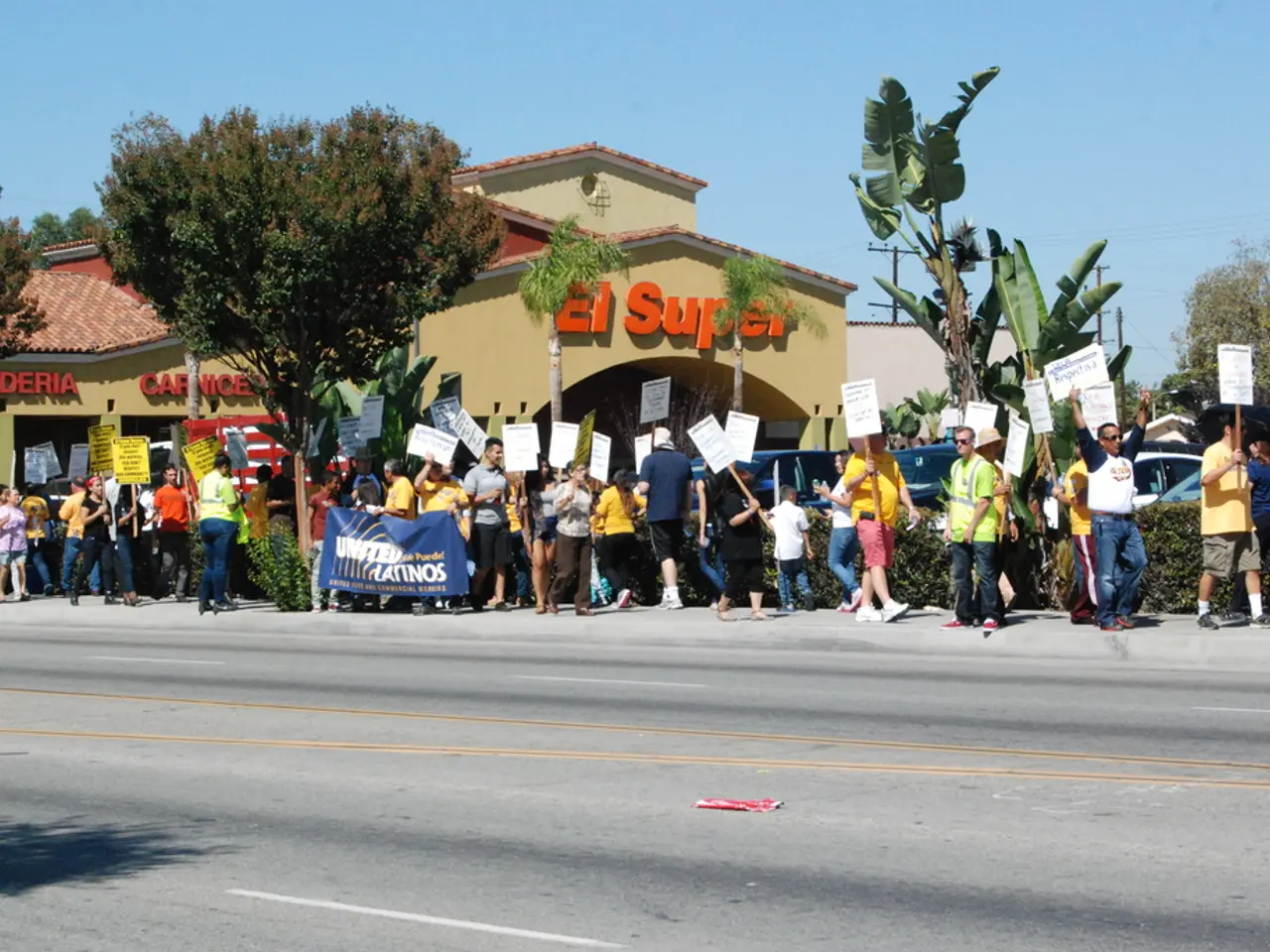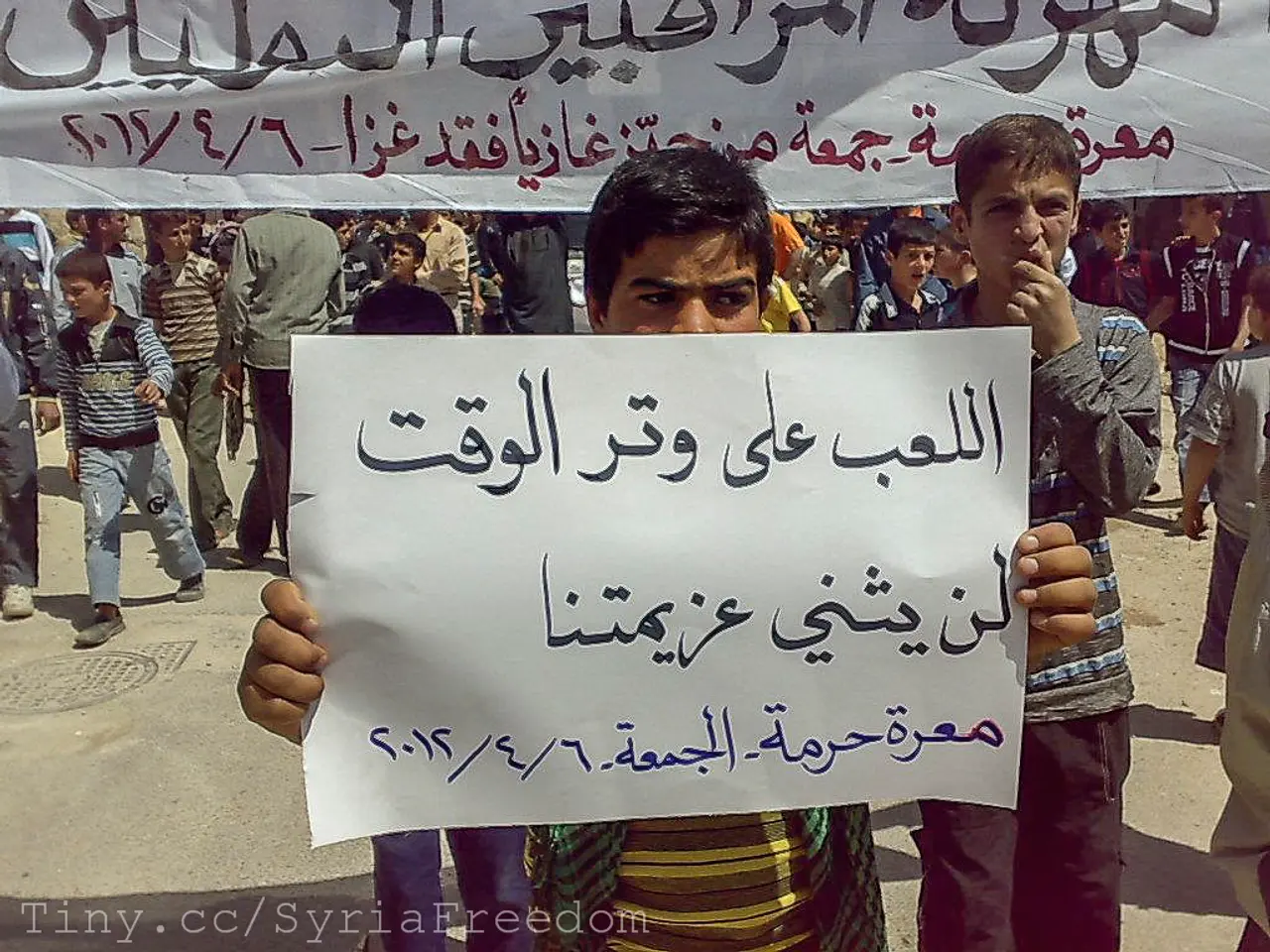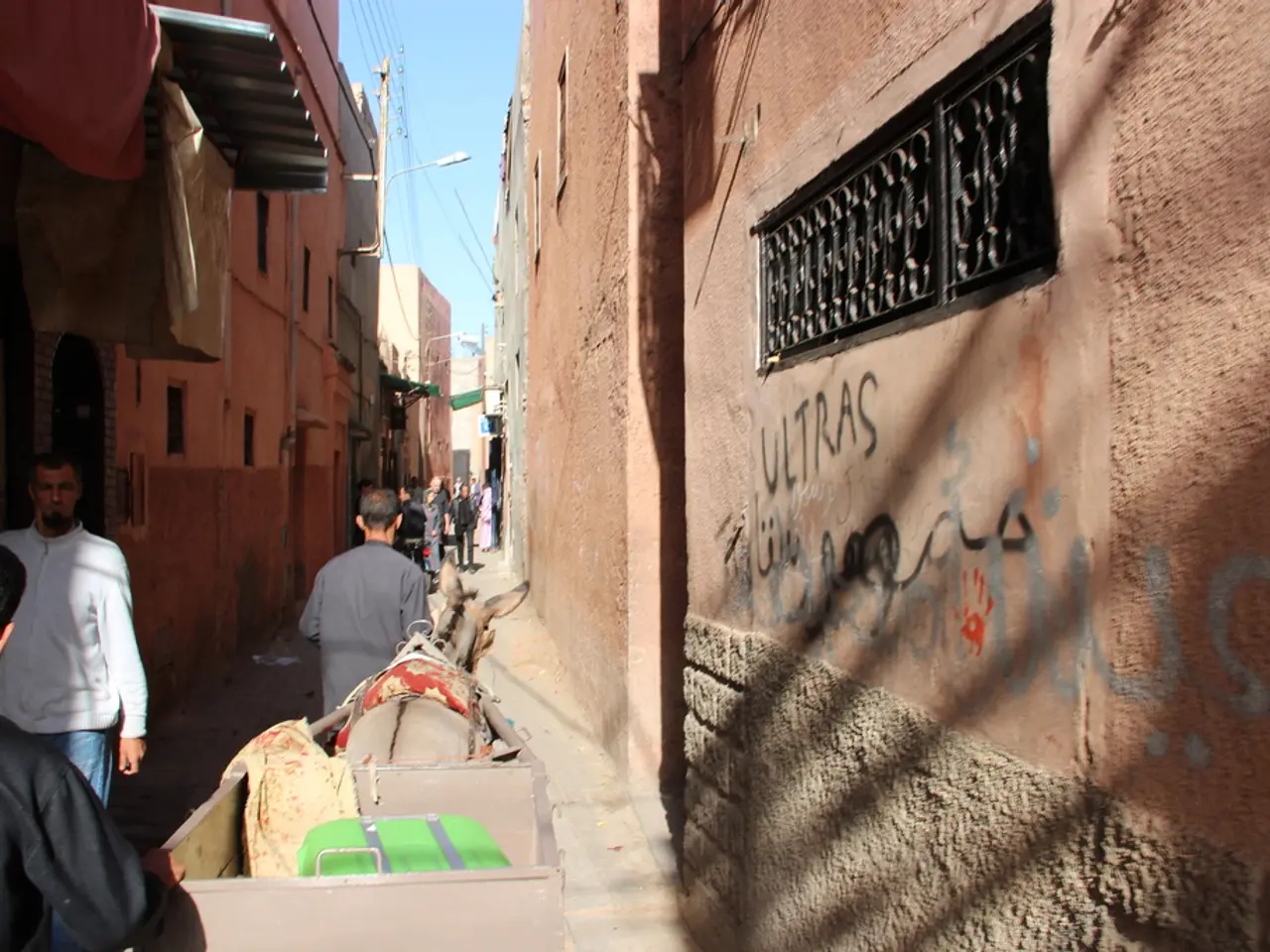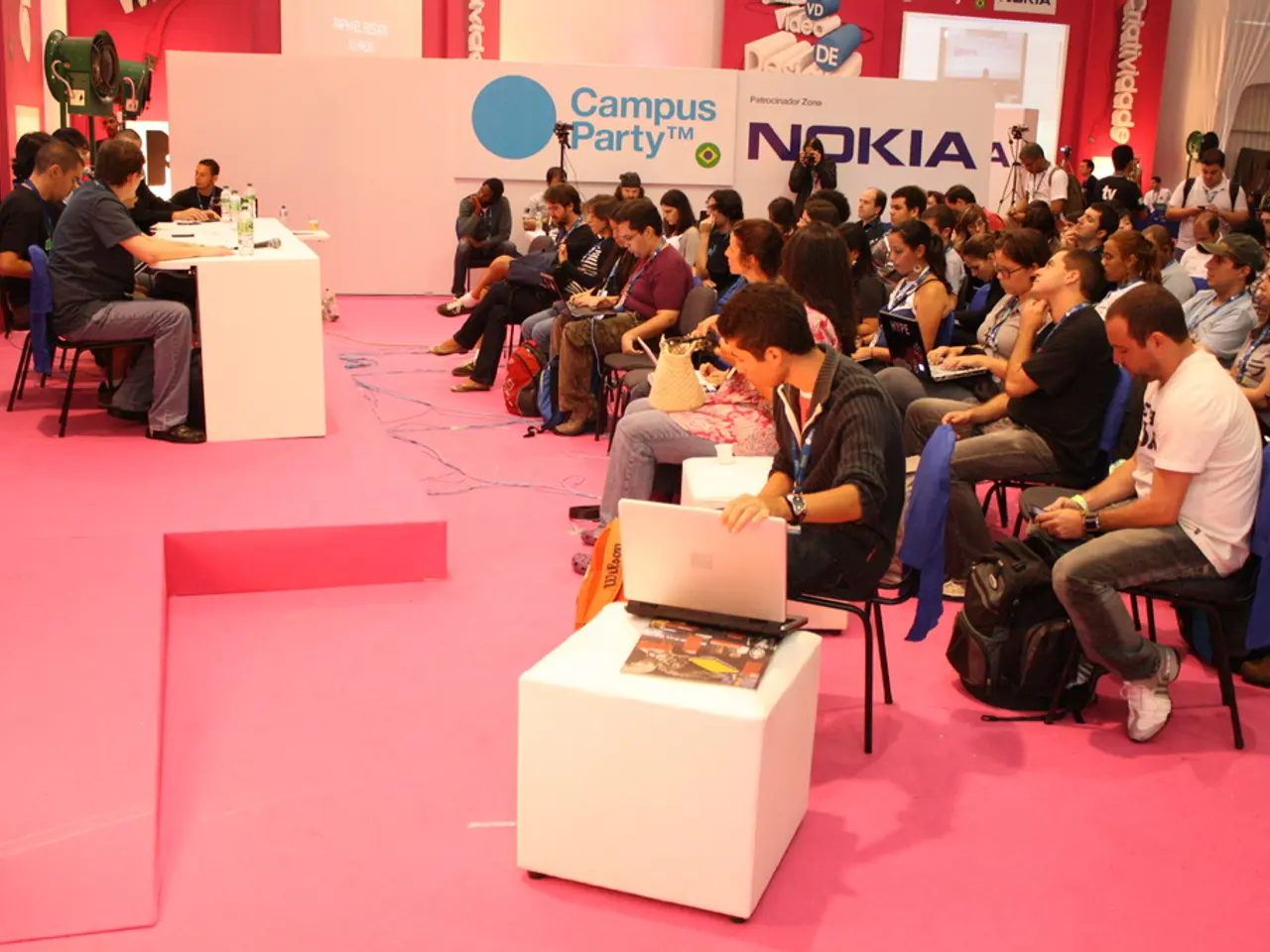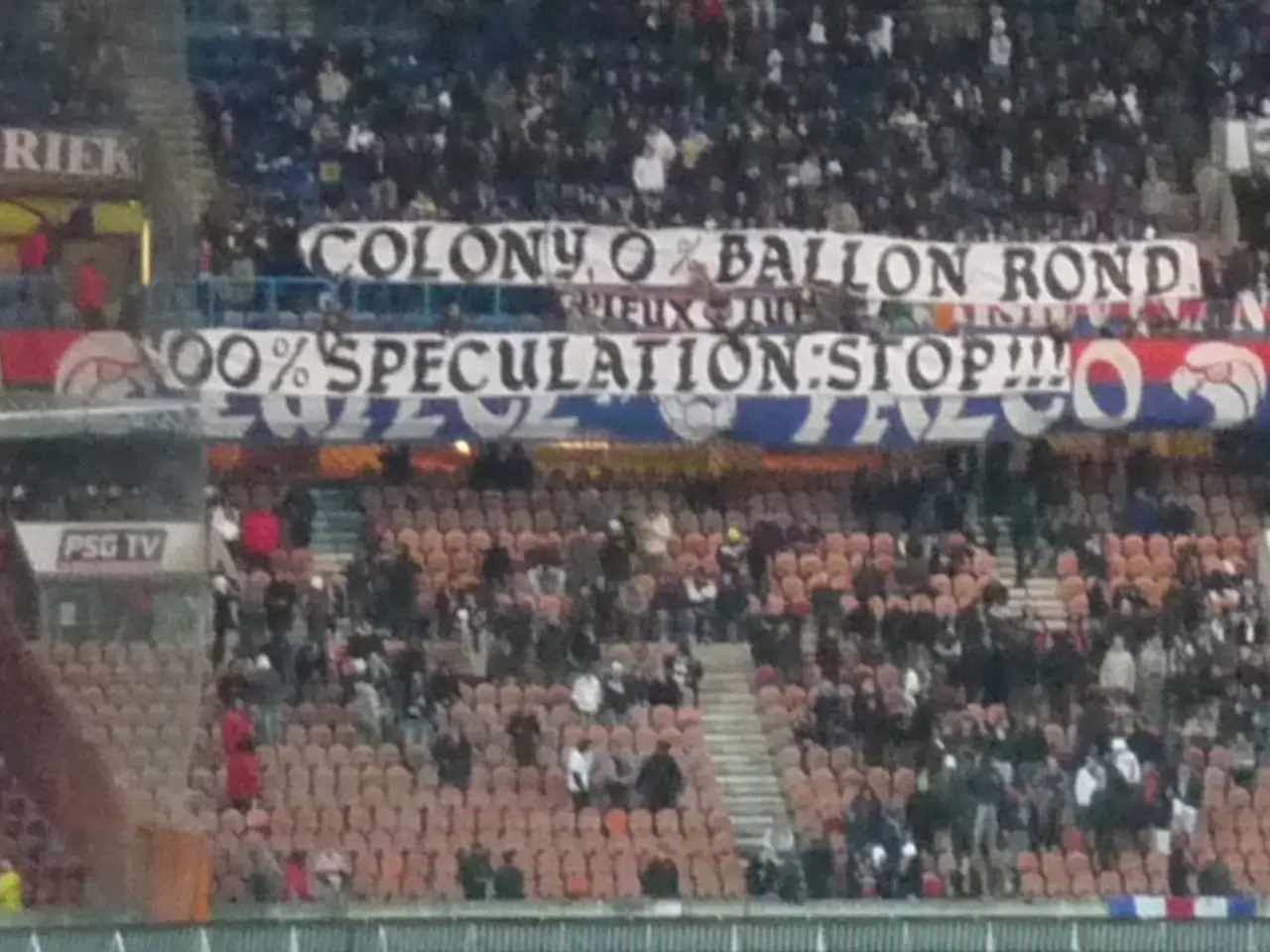Seattle's Proposition 1, which supports a 'democracy voucher' system, gains approval
Seattle's Democracy Voucher Program: Empowering Residents and Diversifying Elections
Seattle's Democracy Voucher program, introduced in 2015, has made a significant impact on local elections, reducing the influence of large donors and democratizing campaign donations. Since its inception, contributions over $250 in local elections have dropped by an impressive 93%, and the number of Seattle residents using vouchers has more than doubled, from about 20,700 in 2017 to over 48,000 in 2021.
This shift allows candidates to rely less on wealthy donors and more on constituent support. The program has also notably increased election participation and diversity. The contributor rate rose from roughly 1% before the program to nearly 10% in 2021, a 700% increase in participation by Seattle residents. Seattle now leads compared to other cities with similar public financing programs.
The program has helped elect more women and people of color, with winning candidates of color increasing from 30% pre-program to 58.3%, and women from 50% to 66.7% after its implementation. The number of candidates per race also increased by 86%, fostering greater competition and voter choice.
The program's funding is supported by a modest property tax levy, averaging approximately $13 per homeowner per year. Voters recently renewed this levy, indicating public support for maintaining the model. While some critics argue the program is limited in size and impact on outside spending, supporters emphasize its role in leveling the political playing field by enabling candidates to connect more closely with a broad base of constituents rather than a handful of wealthy donors.
The program mails four $25 vouchers to each voter, each city election cycle, which they can sign over to candidates for cash. Seattle voters are passing a 10-year, $45 million renewal of the city's taxpayer-funded "democracy vouchers" in the current election.
Notable elections in Seattle include the Seattle city attorney primary election, where a challenger is leading in a significant way, raising questions about a potential shift in Seattle's views on public safety. The primary election results for three Seattle City Council seats are still pending, serving as a barometer for voter satisfaction with City Hall's direction.
In the Seattle mayor's race, Katie Wilson is leading incumbent Bruce Harrell with 46% of votes tallied. Other notable candidates using vouchers in their respective reelection campaigns this year include Mayor Bruce Harrell, City Council member Alexis Mercedes Rinck, Katie Wilson, and Joe Mallahan.
The program has brought in about $28 million and spent almost $23 million, leaving the rest in the bank for future elections. The program is unique nationally and has drawn attention from researchers. Studies have shown more progress toward the first two goals of reducing big money's role and increasing small-donor participation than the third goal of promoting a more inclusive and representative democracy.
Seattle Proposition 1, which funds the "democracy vouchers" program, is being approved in initial vote counts, setting a course to continue the program. No organized campaign was reported against Seattle's Proposition 1. Proponents of the vouchers argue they lower the bar to entry for candidates, democratize campaign donations, and reduce the role of money in politics. The program has led to more diverse city campaign donors, a surge in small donations, and potentially boosted voter turnout in city races.
Seattle's Democracy Voucher program effectively reduces big money's role, increases small-donor participation, and promotes a more inclusive and representative democracy through expanded candidate diversity and citizen engagement.
- Seattle's Democracy Voucher program, active in Washington state, has been instrumental in local politics, reducing the influence of large donors since its inception in 2015.
- The program, supported by a property tax levy, has led to an increase in election participation, diversity among candidates, and a decrease in contributions over $250, particularly in the Seattle city attorney primary election and Seattle mayor's race.
- Studies on the program's effectiveness have shown progress in reducing big money's role and increasing small-donor participation, with Seattle Proposition 1, which funds the program, recently being approved.
- With the passing of Seattle Proposition 1, the Democracy Voucher program will continue, potentially influencing the Climate Policy-and-Legislation and General News landscape in Seattle by fostering an inclusive and representative democracy.
